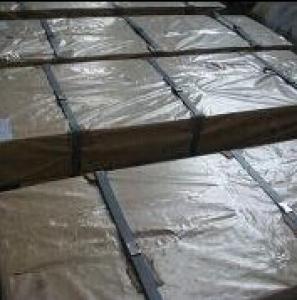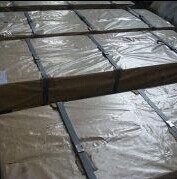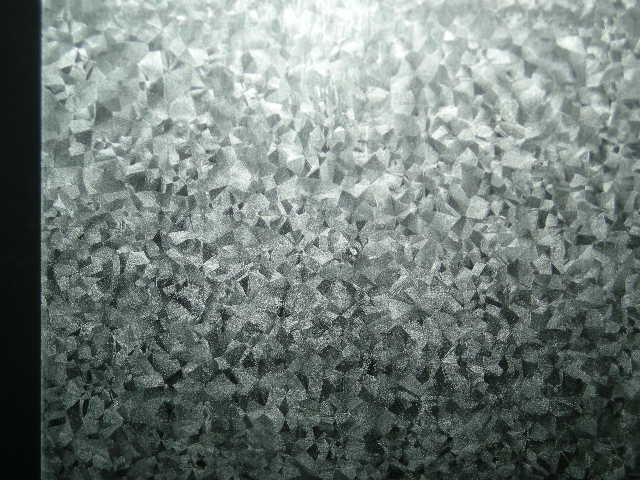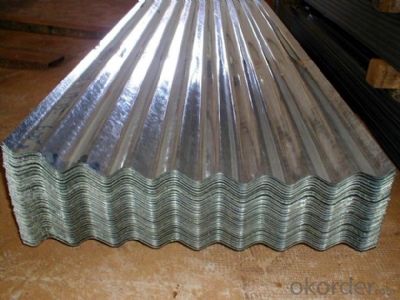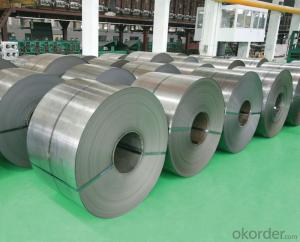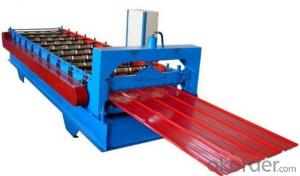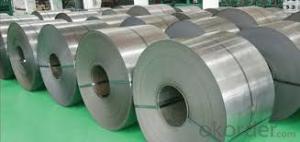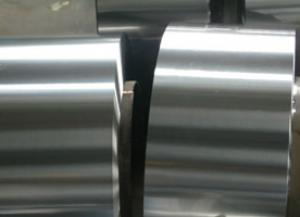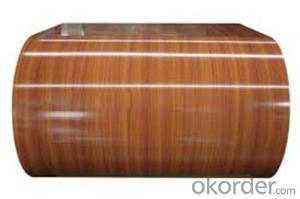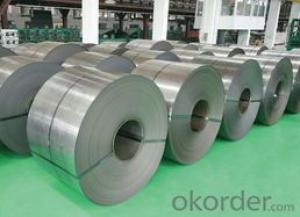Corrguted Galvanized Steel Sheet
- Loading Port:
- China Main Port
- Payment Terms:
- TT OR LC
- Min Order Qty:
- -
- Supply Capability:
- -
OKorder Service Pledge
OKorder Financial Service
You Might Also Like
Currugated Galvanized Steel Sheet
Our Specification:
Product name | Currugated Galvanized Steel Sheets |
thickness | 0.13mm-2.0mm |
width before corrugated | 600mm-1500mm 900mm,914mm,1000mm,1200mm,1250mm,1500mm |
zinc coating | 30g-225g |
standard | ASTM, AISI, DIN, GB |
material | SGCC,DC51D,DX51D,DX52D,SPCC,SGCD,Q195,SGHC |
surface structure | zero spangle, regular spangle or normal spangle |
surface treatment | Chromate treatment, Oiled/Dry, Skinpassed/Non-skinpassed |
packing | 1. standard seaworthy package : waterproof paper/iron sheet/steel strip/steel pallet 2. According to customers' requirements |
payment | T/T or L/C |
min order | 25 tons |
delivery time | within 35 days upon receipt original L/C or advance payment |
Our Application:
Construction | ceilings, verandas, rolling doors, warehouse, partitions, sheds, gutters, wall, underground piping, steel frames and cable trays. |
Electrical appliances | lighting fittings, water heaters, washing machines, refrigerators, stoves, microwave oven enclosures and switch boxes. |
Transportation | bus & truck body panels, fuel tanks, noise screens. |
Agricultural equipment | drying machines, animal houses, hoppers, irrigation systems, greenhouses, water tanks. |
- Q: Whats the difference in composition? When LTCS is used generally?Whats the temperature range, that these materials can be used? Is there any relation between Killed carbon steel, LTCS, stainless steel, carbon steel(normal)? How to categorise/classify these?Thankyou very much in advance..
- Low Temperature Carbon Steel
- Q: what is the differance between ceramic and stainless steel headers and 4-2-1 and 4-1 and which are better for racing and should i get ceramic or stainless steel headers???? for a 98 civic
- This Site Might Help You. RE: ceramic vs stainless steel headers HELP!!!!!!!!!!!!!! for a 98 civic? what is the differance between ceramic and stainless steel headers and 4-2-1 and 4-1 and which are better for racing and should i get ceramic or stainless steel headers?? for a 98 civic
- Q: I own a crappy steel string acoustic and a very nice electric guitar.I have saved up to buy a new acoustic but I cannot decide to just invest in a better steel string or explore around with a nylon string. From others experience, will I get my fill of satisfaction of playing on a nylon, or should I stick to a steel string?
- Really?! I think you would be more satisfied with a harmonica. And that is because I know you better than you know yourself. But, if you like steel, go for a 12-string.
- Q: How are steel coils used in the oil and gas industry?
- Steel coils are used in the oil and gas industry for various purposes such as pipelines, storage tanks, and drilling equipment. These coils are commonly used to manufacture seamless and welded pipes that are essential for transporting oil and gas from production sites to refineries and end-users. Additionally, steel coils are utilized in the construction of storage tanks that store oil and gas in large quantities. They are also an integral part of drilling equipment, including offshore platforms, where they provide structural support and withstand high-pressure environments.
- Q: What are the dimensions of steel coils used in the furniture industry?
- The dimensions of steel coils used in the furniture industry can vary, but common sizes range from 0.5 to 3 millimeters in thickness and 100 to 2000 millimeters in width. The length can be customized based on specific furniture manufacturing requirements.
- Q: Can steel coils be coated with PVC?
- Yes, steel coils can be coated with PVC. PVC coating provides a protective layer that helps prevent corrosion and enhances the durability of steel coils.
- Q: where can i get a thick sheet of steel ? and is steel bullet proff for example if you shoot a bullet on steel will that bullet bounce right off the steel ?
- Try the business-to-business yellow pages in your area. A local hardware store can also tell you who to contact. Or search steel plate or sheet metal on the internet to find a local supplier. No, sheet steel is not bullet proof, unless you get heavy plate. Depending on how thick it is, the plate will deform if hit by a high velocity bullet, but usually not enough to matter. Bullets have velocities from about 500 ft/sec up to roughly 3000 ft/sec, depending on the type of weapon used. I wouldn't try to use anything thinner than 3/4 inch. You'll have to experiment and see what it will actually stop. I can't guarantee it'll stop a high-velocity rifle slug. Try it and see.
- Q: I just got my Daewoo K2 in 5.56 and i know they are tough and reliable but how well will it fair with steel rounds. I know shooting brass is better for any gun but what kind of extra wear and tear would i be looking at with shooting steel. Also what about reloading steel. Is it recomended. I would not even be asking this but steel is far cheaper than brass ammo, and i need to save some money.
- Definitely DO NOT reload steel cases. As far as shooting steel vs brass. Brass will always be better than steel in your gun. Steel is a harder and stronger metal and will wear the firearm quicker than brass.
- Q: What is the difference between hot-rolled and cold-rolled steel coils?
- Hot-rolled steel coils are produced at high temperatures, resulting in a rough surface and less precise dimensions. Cold-rolled steel coils, on the other hand, are processed at lower temperatures, leading to a smoother surface and more accurate dimensions.
- Q: Can steel coils be used in the production of packaging materials?
- Certainly, packaging materials can indeed utilize steel coils. Frequently, steel coils serve as the primary material in packaging items like metal strapping and steel banding. These coils possess remarkable strength, durability, and exceptional tensile strength, rendering them perfectly suitable for effectively securing and safeguarding diverse products throughout their transportation and storage. Furthermore, steel coils can be effortlessly molded and fashioned into various packaging elements, guaranteeing a dependable and secure packaging solution for an extensive array of industries.
Send your message to us
Corrguted Galvanized Steel Sheet
- Loading Port:
- China Main Port
- Payment Terms:
- TT OR LC
- Min Order Qty:
- -
- Supply Capability:
- -
OKorder Service Pledge
OKorder Financial Service
Similar products
Hot products
Hot Searches
Related keywords
